Over the course of hundreds of conversations about relationships, Iona Lawrence identified a shared challenge around measurement: We don’t know how to measure relationships or whether the game of measurement is futile.
In this blog, we seek to kickstart a generative conversation around the question of how we capture the added value of a relationship-centred approach, and whether this is a useful pursuit. We’d love to hear your experiences, challenges and ideas.

We are collectively in a place where the question of how best to measure or value relationships is deeply contested. For some people measurement is the most important shared challenge anyone interested in relationships has: if we can get better at consistently measuring the impact of relationships we might be able to nudge the skeptics away from believing that relationships are ‘fluffy’ or a nice extra.
Yet for others the act of measuring the value of relationships on terms set by funders or commissioners can threaten the very essence of them.
Wherever you are, a huge amount of energy is poured into the question of how we articulate the value of relationships, and this is threatening our resolve.
Let’s open up the question of how we measure relationships and see whether, together, we can make some progress.
What?
What are we trying to measure or assess when it comes to relationships? Why? What and who are we doing this for?
1. Relationships themselves: sometimes, we might want to measure relationships themselves, whether individual relationships or networks of relationships. We may seek to understand where they are strong, where they are weak, where they are missing. Doing so will help us to see where our relationships need a little nurturing, and where bridges need to be built.
2. The added value of relationships: we might want to measure the outcomes of good relationships or relationship-centred ways of working. Doing so would help us to demonstrate the things good relationships enable us to achieve (better health, greater happiness, higher grades etc) and prove the value of relational work to skeptics and non-believers.
3. Relational practice: at other times, we might wish to look inwards at our practice to assess the extent to which our methods, culture, values and approach enable good relationships to thrive. Doing so would help us improve our relational practice.
What are you seeking to measure when it comes to relationships? Why? Who is the assessment for and what do you hope it will achieve?
How?
How should we go about trying to measure relationships? What are the risks and challenges? What approaches work best or have potential? Where can we look to for inspiration?
Too many commissioning contracts require the completion of impact surveys which, in their deficit-based questioning, can strip people of their agency rather than recognise the power in people’s stories. Too many loneliness measures are academic, remote and cold. Many of these tools perpetuate division and isolation, rather than measure it, much less solve it.
How do you approach measurement and evaluation? Which methods seem to work well and which don’t?
To what end?
How do we then bring what we find and learn about the value of working in relational way together to tell a compelling story and convince others that this is the road we must all travel?
One critical task is not simply to commission new evidence to fill the gaps, but to pull the evidence together better. There’s a job to be done to distill existing evidence sets and disseminate knowledge that emerges in a more coherent and confident way
To strengthen our case we need to double down on the ‘so what’ of relationships. We must surface the evidence of the longer term impact of good relationships. What do good relationships mean and achieve in the long run?
What difference do strong and meaningful relationships make in your organisation or community? What do they enable you to achieve which would’t otherwise be achieved?
Join us
On Tuesday 8th June we’ll be exploring these questions in an open conversation. Together we’ll:
- Share what we’re trying to measure when it comes to relationships
- Explore the challenges and key considerations of measuring relationships
- Share ideas and approaches to doing so in a sensitive, human-centred way
We’d love it if you’d join us.
Read more
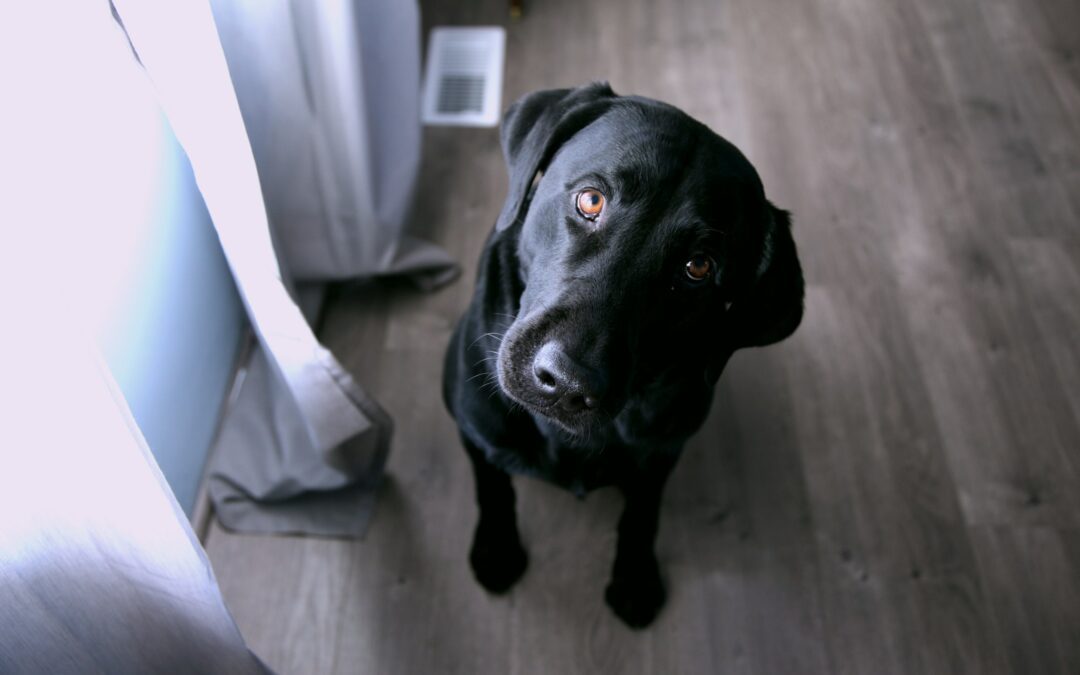
The Relationships Field: 6 initial reflections and 5 questions
In brief 6 weeks ago, we (Iona Lawrence and Immy Robinson) set out to explore whether a ‘field of relationships’ could, should, or does already exist. We’re still at the early stages of this exploration but have been lucky enough to pick the brains of some very...

The world needs a piglet
We received this piece from Linda Woolston, one of our Observers, this week. Linda found it circulating on WhatsApp. Some will love it, some won't. We thought we would share it because, this week more than ever, the world needs a piglet.Pooh woke up that...
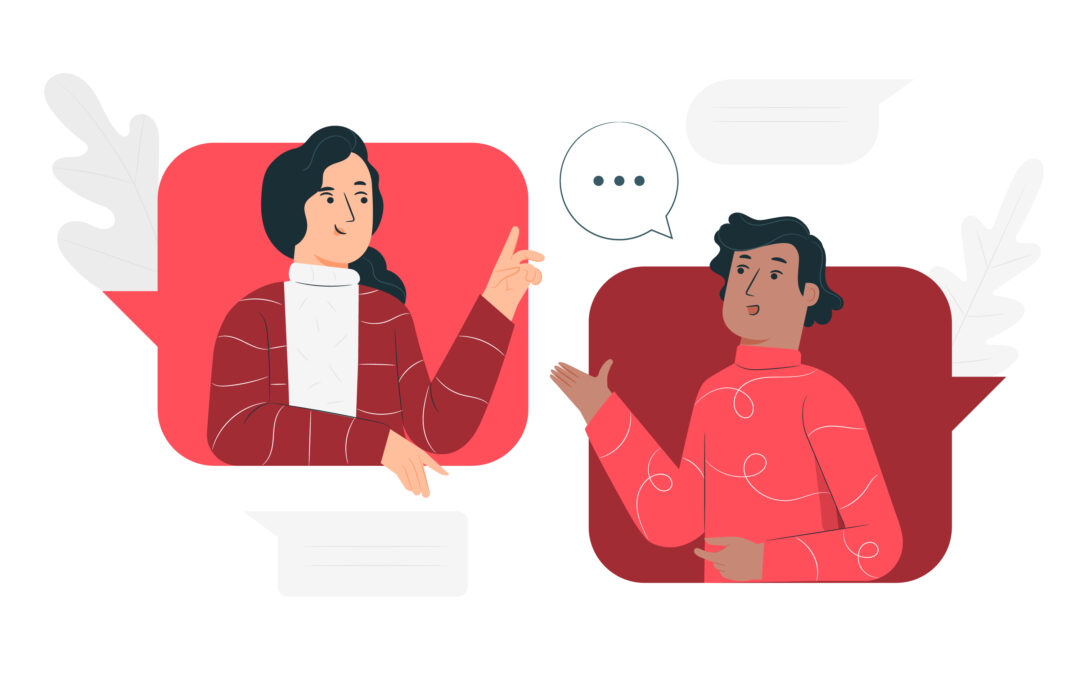
Making it real: Councils and communities working together
In brief Continuing with the work on Developing the Framework for councils to support community action, David Robinson and Tony Clements invite you to share examples of changing council practices that 'let people in' and join the conversation about how councils can...
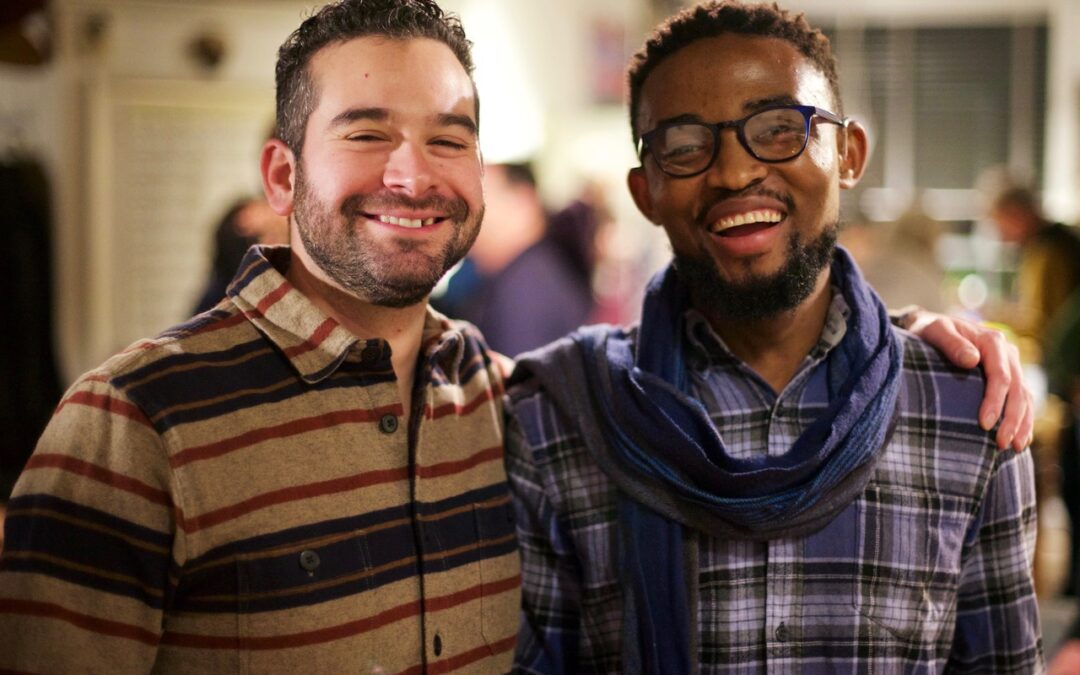
Loving the Stranger in the Time of Coronavirus: The Story of HostNation
In brief In this Joining the Dots blog, Anthony Berman gives a personal account of the befriending charity, HostNation, before and after COVID-19, and the benefits it has brought to refugees and asylum seekers and their befrienders.Anthony is on the Management team at...
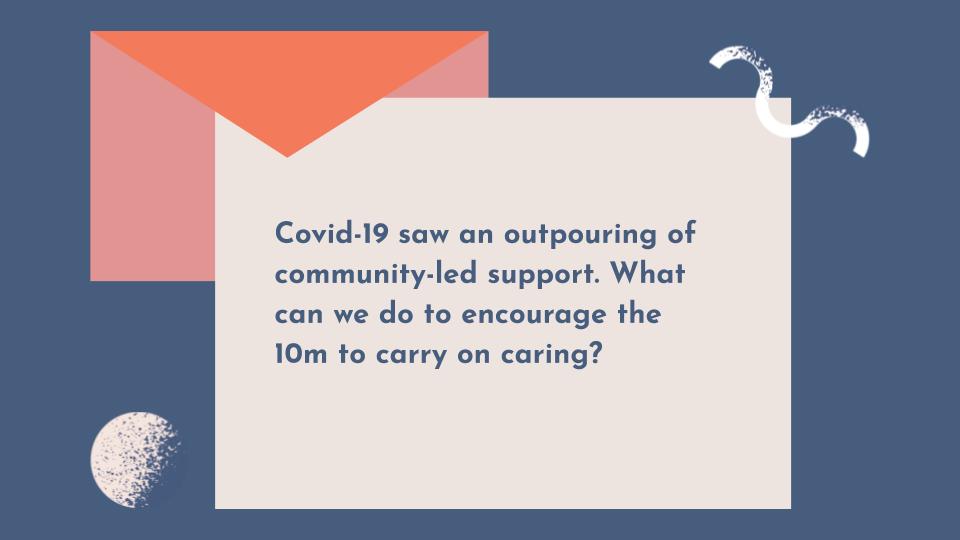
Capturing the spirit of the 10m
Shift Researcher Leonie Shanks invites us to explore who the 10m community ‘volunteers’ were who stepped up to support their communities through Covid, and how we can maintain this energy and commitment going forwards.

The Art of the Covenant
In brief In this blog, Nick Sinclair and David Robinson explore the concept of a 'social covenant' discussed in Danny Kruger's recent report, 'Levelling Up Our Communities', arguing it must be formed around values, trust, morality and relationships. Nick works...

Observatory Sighting #10: The Changing Weather
In our tenth Sighting we reflect on the 'changing weather' and ask how we can stem the tide and nurture more warmth, connection and positivity. Over the course of March to May, we reported on a number of positive shifts towards greater trust, collaboration and...

Changing for good
In brief In this blog, originally written for and published by Nesta, David asks the question:What can we do to keep the community spirit that was amplified by lockdown alive and make 2020 the year we changed for good? Some of us have suffered loss in recent months....
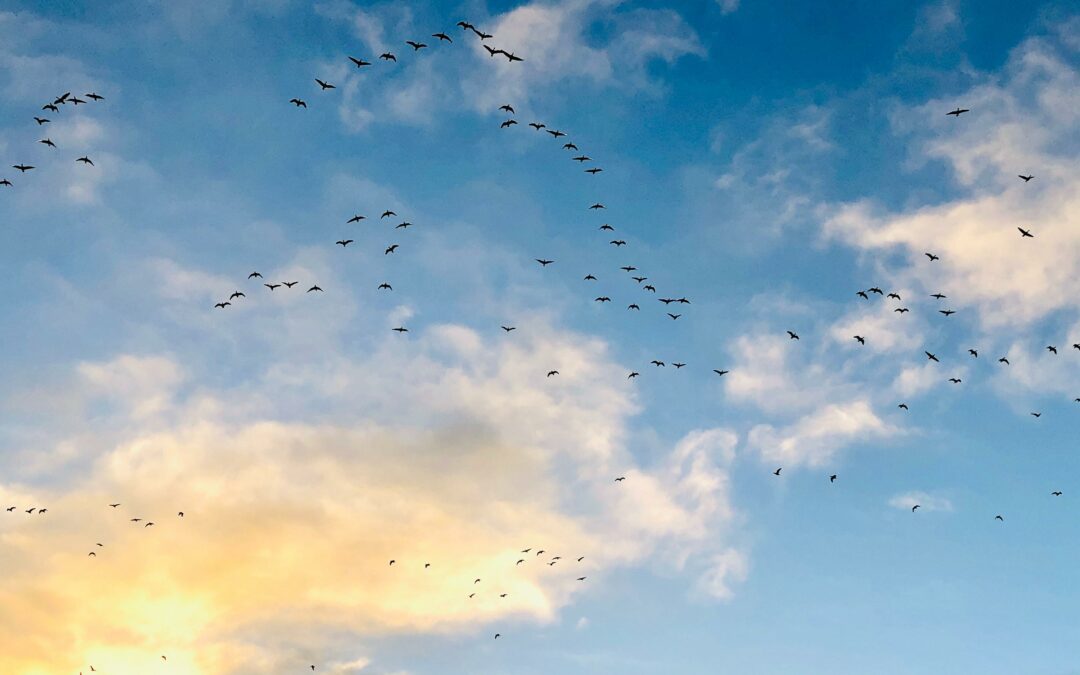
Relationships: An idea to organise around?
In brief In this - our second blog exploring the field of relationships - Iona Lawrence and Immy Robinson ask for your help in finding something we can all gather around. You can read the first blog, which lays out what we're up to, here. A few weeks ago we wrote...
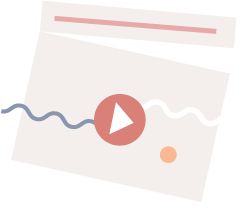
Share your #SpiritOfLockdown
In brief The Relationships Project and Local Area Coordination Network have teamed up to surface, share and celebrate stories of lockdown from all across the country. How have your relationships changed through Covid? What’s the Spirit you want to bottle to guide your...
